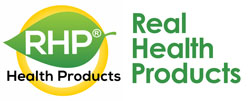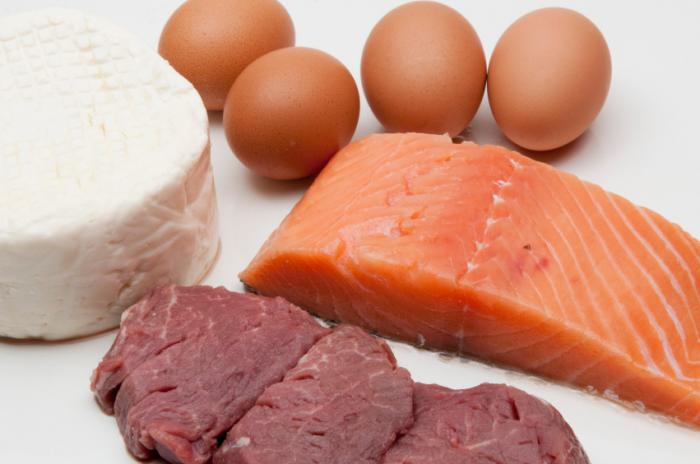With almost 30 percent of U.S. adults over the age of 40 taking some form of cholesterol medication, it is no wonder that U.S. cholesterol drug sales are up into the tens of billions of dollars every year.
Individuals are told that they have high cholesterol or high levels of “bad” cholesterol and that they need to lower their cholesterol levels to prevent arterial plaque buildup and heart disease, but emerging research is indicating that “high cholesterol” is a completely manufactured problem, and that cholesterol levels are not a useful indicator for determining a person’s risk of heart disease.
If you would like to read more about this, a great place to start is ‘The Great Cholesterol Myth’ by doctors Stephen Sinatra and Jonny Bowden. https://www.amazon.com/The-Great-Cholesterol-Myth-Disease/dp/1592335217
In reality, cholesterol is vital for maintaining proper health and function of the body.
Here are some common myths about cholesterol that you may have encountered:
Myth #1: Cholesterol is bad
The truth is we need cholesterol. Cholesterol is a waxy substance that helps produce vital hormones, cell membranes, and vitamin D. It aids in digestion and plays a role in cognitive function. Your body needs cholesterol in order to function properly.
Myth #2: The way to lower cholesterol is to cut cholesterol from your diet
You may remember the old anti-egg campaigns of the past that said eggs and other high-cholesterol foods could lead to heart disease. However, modern medical science is discovering that eating foods with cholesterol has actually very little effect on cholesterol levels for 70 percent of the population. The other 30 percent, termed as “hyper-responders” do see an increase in cholesterol as a result of consuming foods with high cholesterol content, but in these cases both LDL (“bad”) cholesterol and HDL (“good”) cholesterol rise at the same time, and the rise in cholesterol is usually clinically insignificant.
For both groups the vast majority of the cholesterol in the blood stream is produced by the liver, which produces it from the sugar we eat. So, lowering your sugar intake may have a lot more to do with healthy cholesterol levels, than cutting out dietary cholesterol.
Myth #3: High cholesterol puts you at higher risk of heart disease
Then there is the old theory that we see repeated endlessly in the media regarding people with high cholesterol levels: Cholesterol, along with other substances, builds up as plaque and clogs the arteries, leading to clots and other cardiovascular problems, eventually resulting in heart disease and heart attacks.
But that doesn’t explain why 75 percent of people who have heart attacks, have normal cholesterol levels. It also doesn’t explain why countries with higher than average cholesterol levels than Americans, such as the Swiss or Spanish, have less heart disease.
Modern research is demonstrating that it is actually inflammation that is the culprit behind heart disease, not plaque buildup. And the success of certain medical treatments has more to do with their anti-inflammatory properties, than their reduction of cholesterol.
A major study done at Harvard, found that people with high levels of a marker called C-reactive protein (a protein in the liver that corresponds with tissue injury or inflammation) had higher risks of heart disease, than people with high cholesterol.
Another factor contributing to heart disease is insulin resistance or Type II Diabetes, which leads to an imbalance in the blood sugar and high levels of insulin.
So, what should you do about your cardiovascular health?
The answer is: nothing extreme. Fad diets usually end up getting debunked in the end. Ultimately a healthy balanced diet, a proper exercise program and nutritional supplementation to fill in any nutritional gaps in your diet, will go a long way towards maintaining optimal cardiovascular health.
If you are still concerned about your cholesterol levels, there are a number of nutritional options for maintaining normal HDL and LDL cholesterol levels (that are already in the normal range), which includes, but is not limited to: cold water fish oil, niacin (a form of vitamin B3), psyllium, and cutting out processed sugars.
Sources:
- The Great Cholesterol Myth – Johnny Bowden, Stephen Sinatra
- Prospective study of C-reactive protein and the risk of future cardiovascular events among apparently healthy women – Ridker PM, Buring JE, Shih J, Matias M, Henneckens CH


